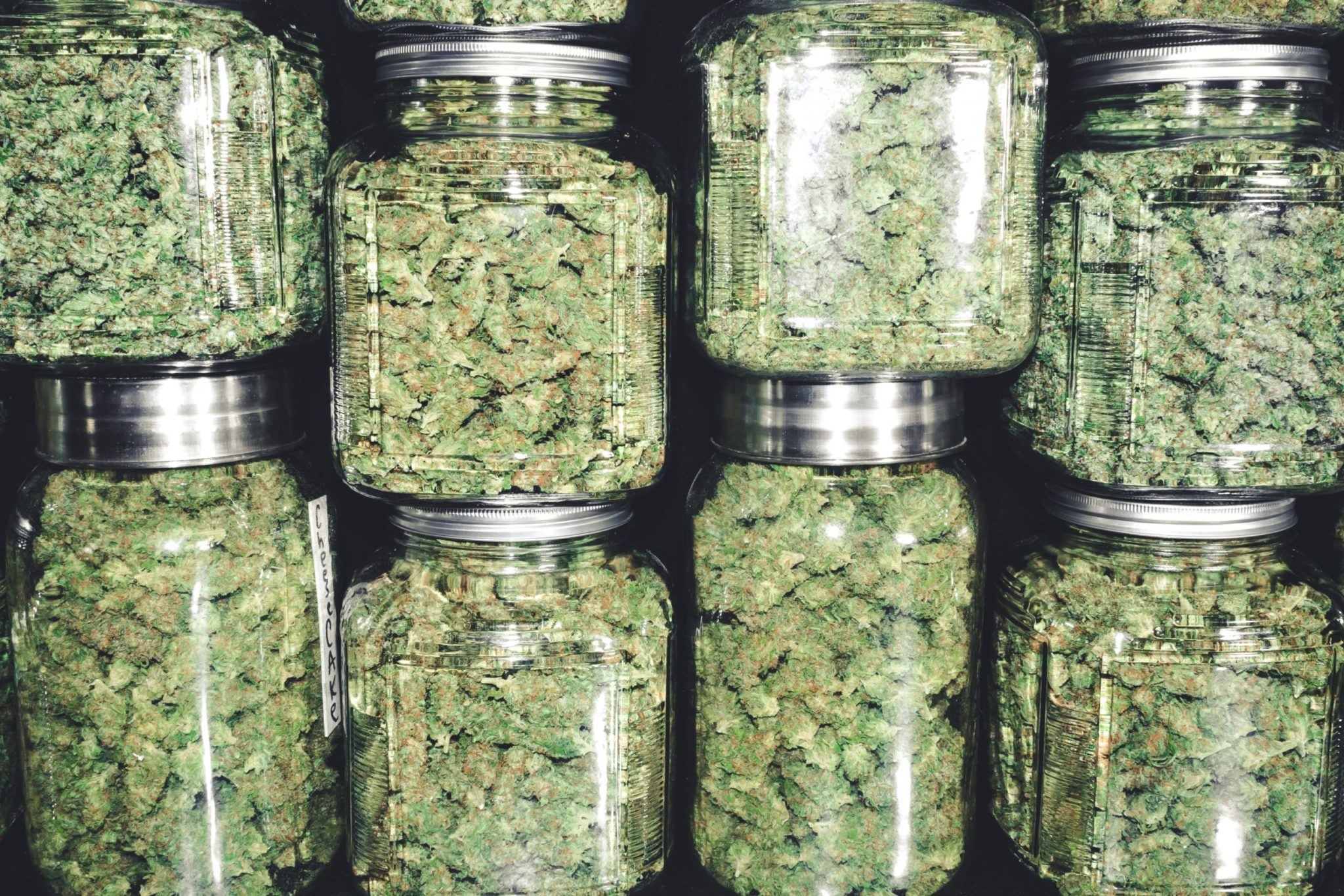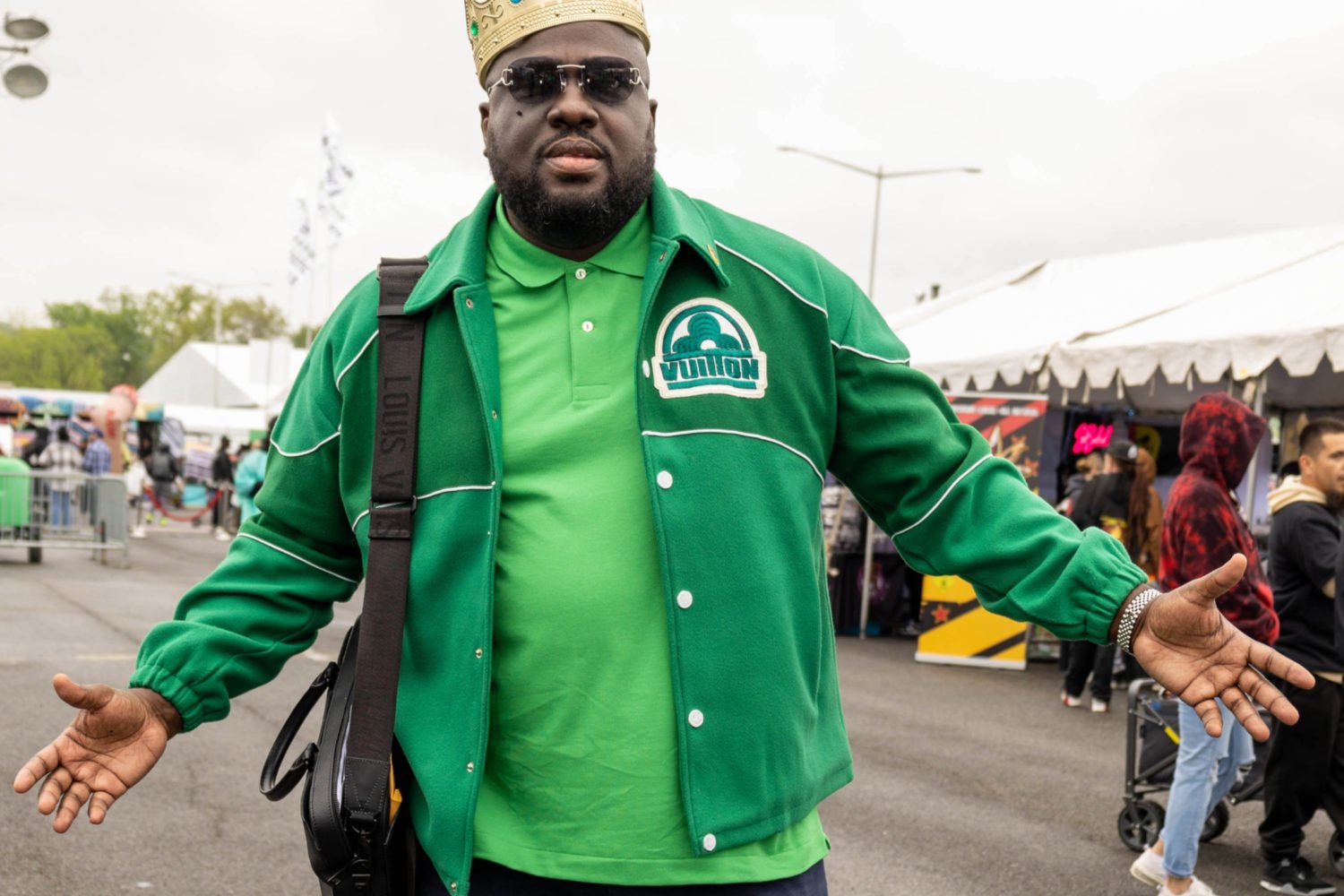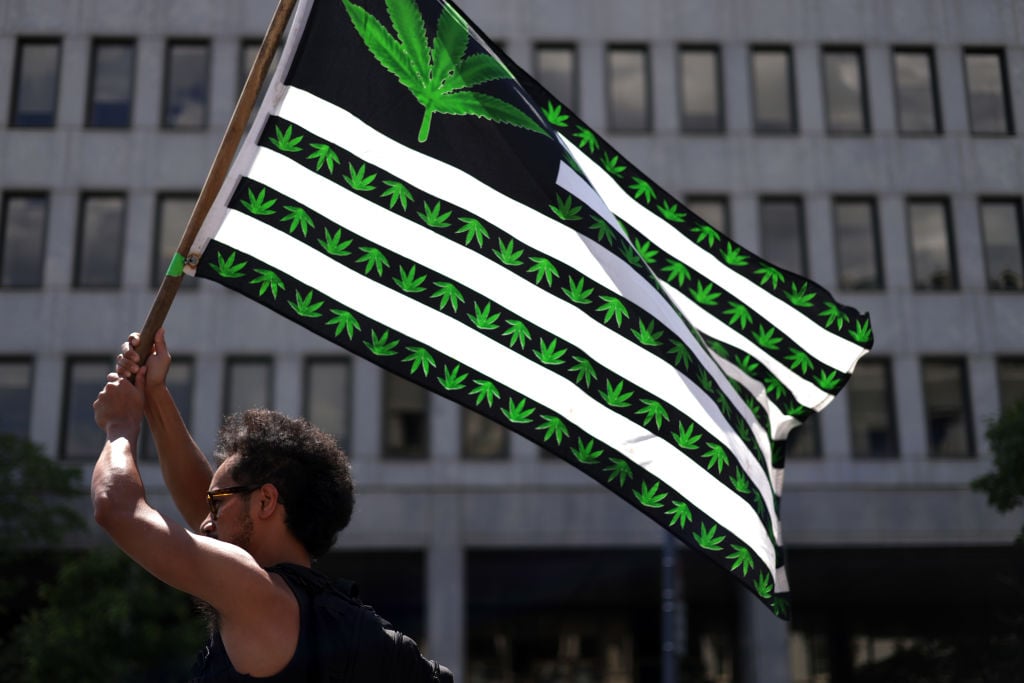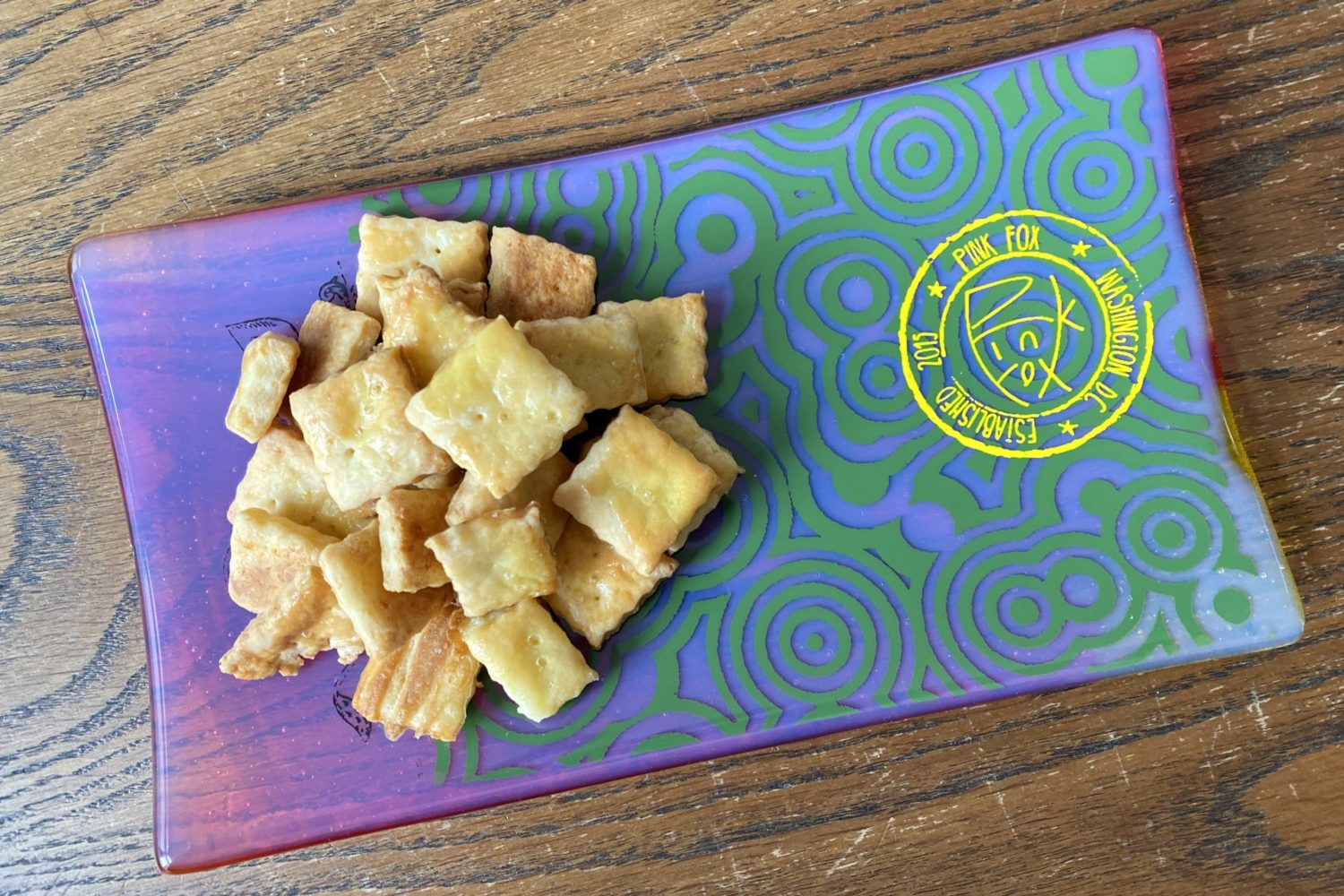The legal marijuana scene has existed in DC since 2015, when the voter-approved Initiative 71 went into effect. However, the same legislation that green lit pot possession and consumption in the District also expressly forbade its sale. Thus, a wonky so-called “gifting economy” emerged, with random objects standing in as a proxy for pot. You can’t buy weed, but you can buy, say, a Yu-Gi-Oh card for $30, then accept some grams for “free.”
The transactional objects—cheap and basically useless by necessity—can’t cost much themselves since the real objective here is to exchange marijuana. The result is only as limited as the peddler’s creativity. So, what are Washingtonians buying to obtain weed?
Food
Well, people really love to beat the horse dead over how good munchies are when you’re high. A business model catering to weed needs—and the sustenance cravings that come shortly thereafter—was inevitable. For between $55 and $155, High Speed, an artisanal pressed juice start up, will deliver juices in flavors like “Petworth Punch” or “The Uptown.” Alternatively, spend $60 on some chocolate chip cookies through Red Eye DC. Just order and wait. Eventually, some ludicrously-expensive snacks—and a side of not-really free cannabis—will arrive at your doorstep.
Weed-Themed Apparel
This is the option for somebody who has consumed marijuana before and would like others to know that they’re seriously considering doing it again. Whether it be socks, sweatshirts, or leggings, clothing emblazoned with marijuana leaves are a common sight in DC’s gifting economy, according to DC resident Fran (she asked that her name be changed for this interview), who owns three pairs of weed socks. She says articles of clothing correspond with the weight of weed received. “The socks were for a gram or maybe half a gram, with modulations from there. The sweatshirt would probably get you an eighth,” she says.
Art
Art has a double benefit of being multi-use and not taking up real estate in your sock drawer. Gallaudet students once ran an art collective (not school sponsored) that allowed customers to purchase creative works often accompanied by weed on the side, says Fran. They even delivered. Not to mention, there’s the added bonus of elevating your living room’s feng shui.
Stuff From Someone’s Childhood Room
Some marijuana merchants are wondering: Why bake, screenprint, or paint when you could literally use any object as an intermediary? Tommy (he also requested that we change his name) looks no further than his childhood bedroom. “My thing is I have like, nostalgic BS, whether it be an action figure, a toy car, playing cards, CDs, old DVDs,” he says. Last week, he sold someone a FunPack 3D computer game. (Though, for the record, it still retails for $22.50.)
Politically-Divisive Flags
DC’s marijuana economy may be gray, but it still absorbs and exploits ideology like any good old functional capitalist market does. When Zoë Grimaldi went to a pot-potluck in someone’s home a few years ago with plans on walking out with edibles, she saw that, for a small fee, she could hit a dab: a waxy, high-powered marijuana concentrate that requires a blow-torch to smoke. A premium experience, like smoking dab wax, meant purchasing a premium gift. She had two options. “I kid you not, the flag options were a Black Lives Matter flag or an All Lives Matter flag. They sold both. I just didn’t know what to do,” Grimaldi says. The dabs came on a one-flag-per-hit basis, and Grimaldi was with a friend, “so I bought two of the Black Lives Matter flags.” The blatant appropriation of diametrically-opposed movements rubbed Grimaldi in a weird way. “Then I had a dab hit and had no more questions,” she says.
Correction: This item originally said the DC Council legislated Initiative 71 into existence; it was a ballot measure voters approved in 2014.



















